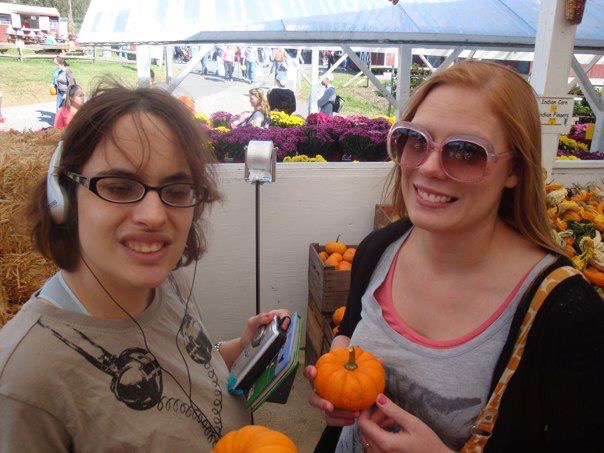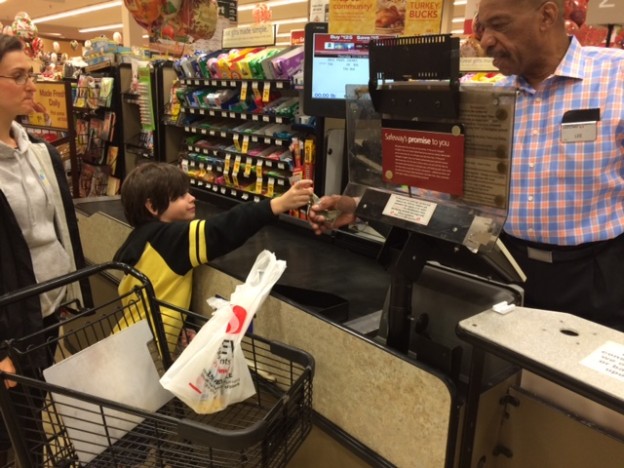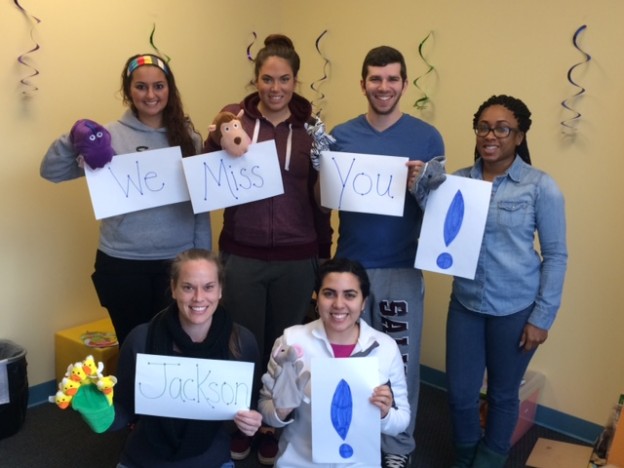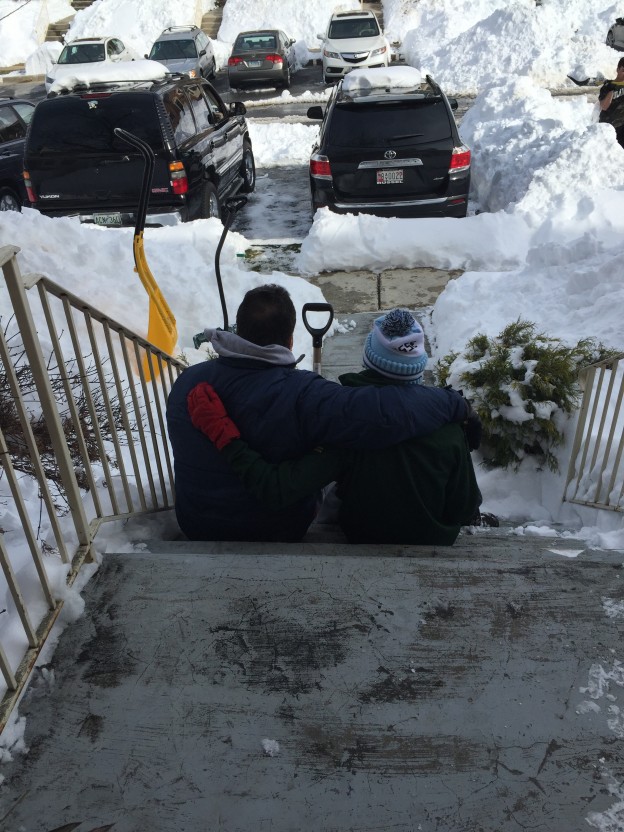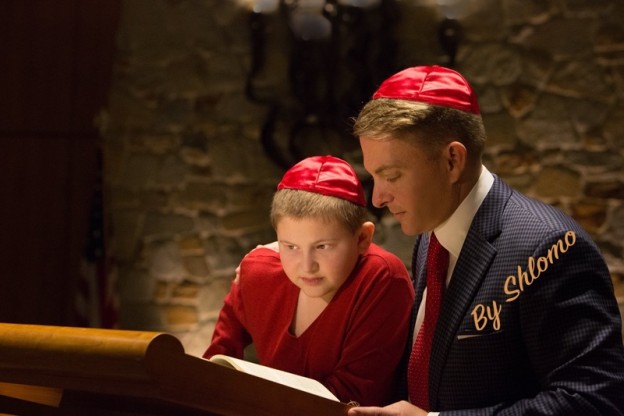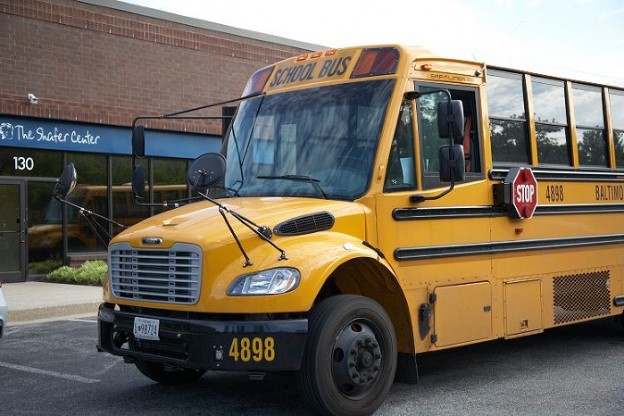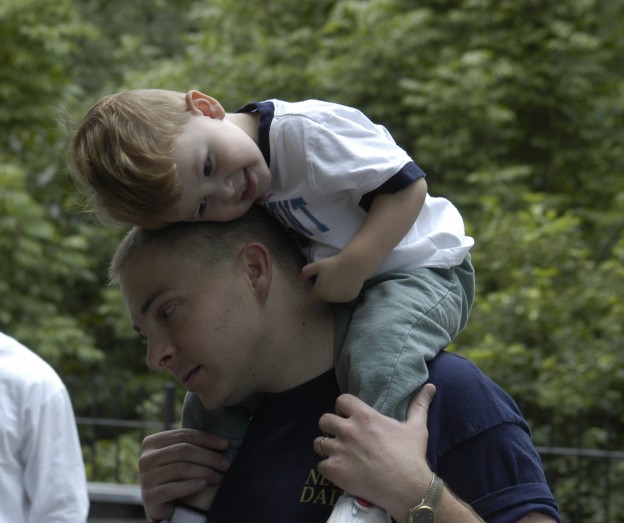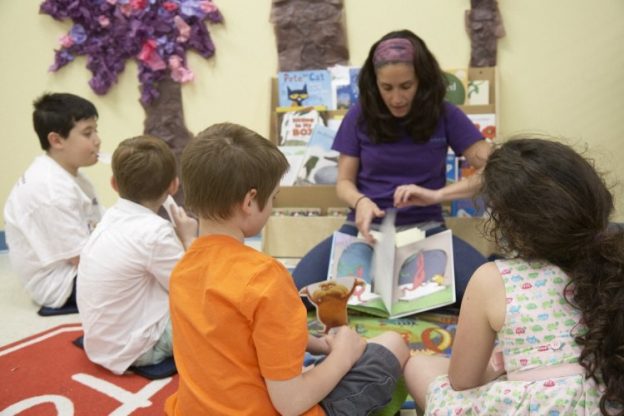
Published on: May 26, 2016
Making Play a Priority
One of the best aspects of my job as a speech-language pathologist is that I get to play throughout most of my work day. I get to play chase, crash on bean bags, and pretend to be a big, bad wolf, all the while targeting objectives on a child’s IEP.
However, play skills do not come naturally to a child with autism. Play skills can be one of the most difficult areas for a child to generalize because playing usually involves another person, and people can be unpredictable. Through play, a child learns to interact and communicate, relate to others, develop relationships, problem solve, and use his or her imagination. According to an article written in Pediatrics, “the overriding premise is that play (or some available free time in the case of older children and adolescents) is essential to the cognitive, physical, social, and emotional well-being of children and youth” (Ginsburg, 2007). For a child with autism, play is integral to their development.
If you do some searching on the internet, many psychologists and specialists have conducted research on the development of play and socialization. Psychologists like Jean Piaget, Lev Vygotsky, and Mildred Parten all have different theories on social development. However, there are some consistencies amongst the theories and their outline of types and stages of play.
Types of Play
- Functional: using toys in the manner in which they were intended (e.g., bouncing a ball, pushing a car)
- Symbolic: using materials to represent other objects (e.g., using Play Doh to make a fish, using a book as a hat); creating pretend play schemas (e.g., acting out a restaurant scene, being a character from The Three Little Pigs).
- Game: playing games with rules (e.g., tag, board games, card games).
The type of play that a child exhibits isn’t always demonstrated in isolation; a child could demonstrate all three types of play at the same time, or could demonstrate a single form.
Stages of Play
- Onlooker: taking an interest in other play but does not join in; may ask questions or talk to others but primarily watches
- Solitary: a child is alone and maintains focus on his activity. He is typically uninterested and unaware of what others are doing.
- Parallel: a child plays separately from others but close to them and imitates actions/play performed by others.
- Associative: a child shows interest in others who are playing but does not coordinate activities with them; there is interaction involved but the activities are not coordinated
- Cooperative: a child is interested in both the activity and the person/people involved; the activity is organized and those involved have assigned roles.
The stages of play typically develop in a hierarchical fashion, with the beginning stages associated with a younger age and less socialization. The later stages are associated with more language development and more socialization with others.
So, how does this all tie-in to a child with autism?
A child with autism may exhibit behaviors such as weak imitation skills, repetitive behaviors, lack of joint attention, difficulty shifting attention, and aversion to peer interactions. All of these characteristics impact a child’s ability to relate to and interact with others, develop perspective taking, and develop language and communication skills.
Play events create opportunities for a child to request, make comments, and protest, all within a more naturalistic setting. For a child who needs more structure, play can be predictable, allowing the child to anticipate the language and interactions.
When working with a child with autism, play is typically directly targeted in speech-language sessions. Therapy can address a multitude of aspects of play including, but not limited to:
- Joint attention and joint reference: two children are both popping bubbles; a child shifts his attention to play-doh when it is labeled or pointed to
- Reciprocal interactions: two children throwing the ball back and forth; two children taking turns during a conversation
- Functional play: pushing a toy car back and forth, stacking blocks, throwing a ball
- Pretend play schemas: developing steps and determining roles to pretend play restaurant
- Commenting during play: saying “pop” during bubble play; saying “that’s cool” while playing with play-doh
- Parallel play: two children playing play doh separately and showing interest in what the other is doing
Many of the objectives targeted during play aim to increase linguistic and social flexibility to prepare a child for interactions with others. Carrying over these skills at home and in the community is essential to a child’s success with play development and the skills that piggy-back off of play (e.g., social and emotional development).
Here are some ways to incorporate play at home to encourage generalization (be sure to meet a child at his current play level to ensure success):
- Provide opportunities for exposure to and exploration of new toys or games.
- Encourage participation in simple, reciprocal games that are not language intensive such as hide-and-go seek, Duck-Duck Goose, Hot/Cold, hot potato, and throwing/kicking a ball to a partner.
- Build the repertoire of functional games or toys by providing direct instruction (such as building with blocks, racing cars) to allow for successful when playing with these toys during unstructured play opportunities.
- Encourage development of symbolic and pretend play with toys that encourage dynamic play such as pretend food and dress-up.
- Provide language scripts to appropriately protest and ask for help.
- Act out familiar and routine sequences and assign roles (e.g., going to the grocery store, going to the restaurant).
Play is not an easy skill for a child with autism, and it frequently needs to be taught directly. However, there are ways to make play predictable and enjoyable so a child wants to continue to engage. Making play a priority at home has the potential to promote social, emotional, cognitive, and linguistic development. So, go play!
Written by:
Shannon R. Atkinson, Speech-Language Pathologist
Ginsburg, Kenneth R. (2007). The Importance of Play in Promoting Healthy Child Development and Maintaining Strong Parent-Child Bonds. Pediatrics, Vol. 119 (Issue 1).
